Search
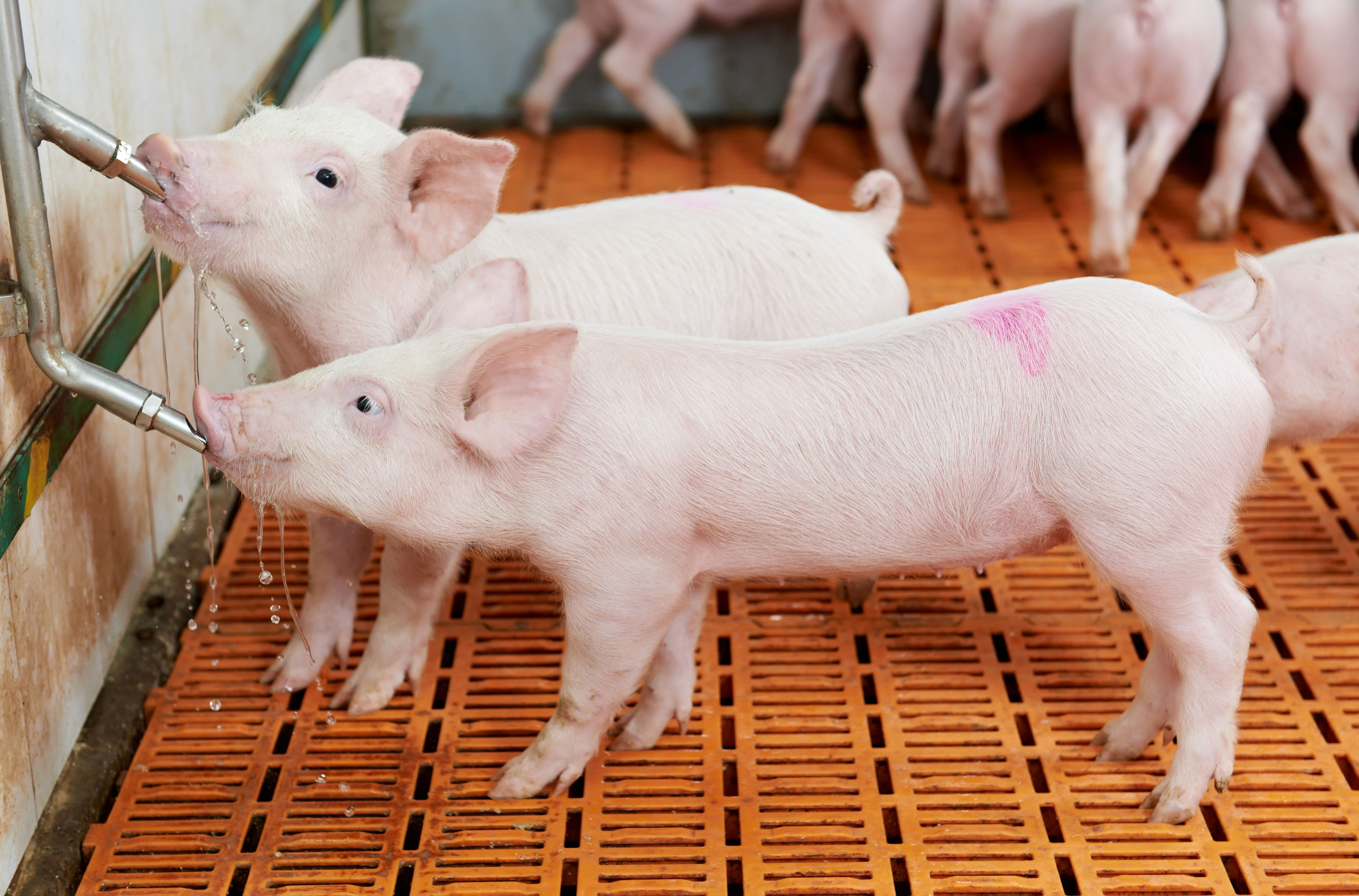
Nursery Pig Performance Impacted by Total Dissolved Solids in Water
Because water quality can vary considerably between production sites, it is important to identify the qualities of water that impact the growth performance of nursery pigs.

Dealing With Spring Mud and Flooding
As the snow melts, we are going to be left to deal with mud at a minimum and extensive flooding as a possible worst-case scenario. While we can’t control the pace of melting or the possibility of additional precipitation, we may be able to take a few steps to mitigate the negative impacts.
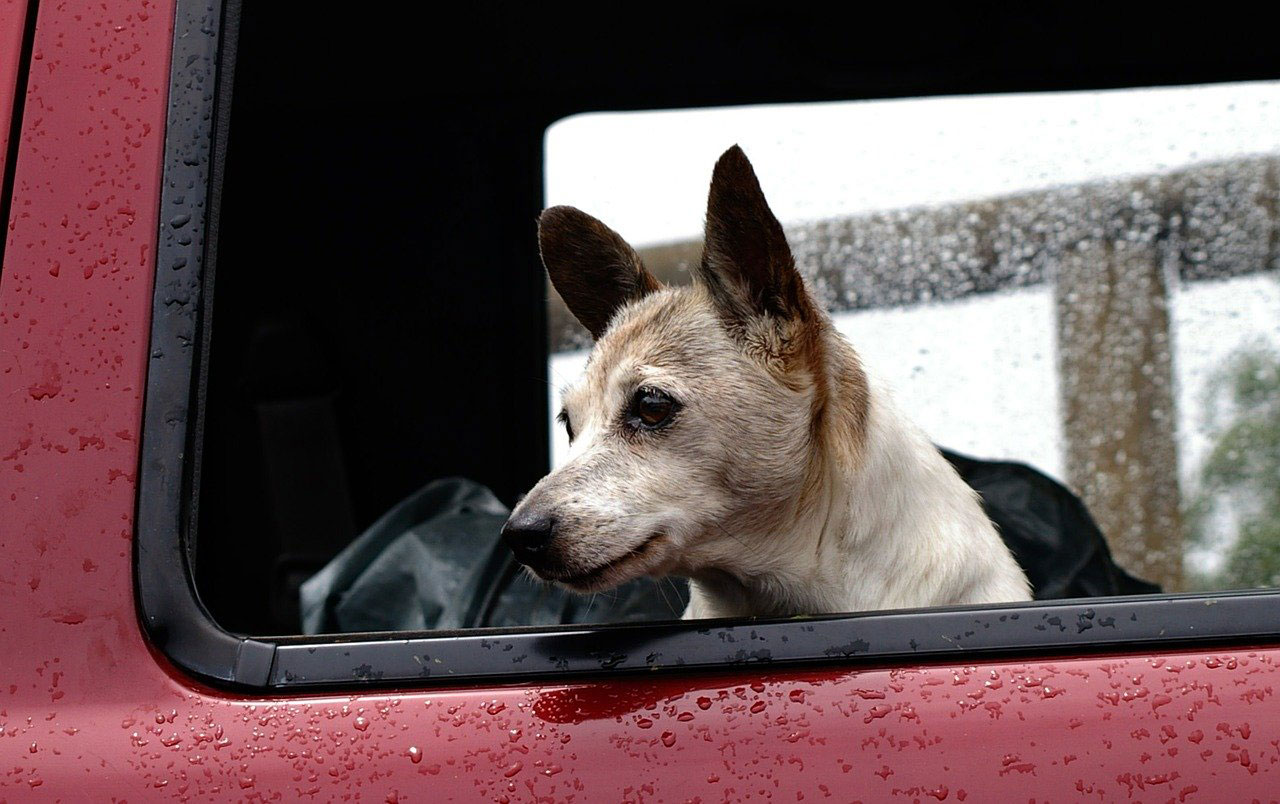
Preparing to Keep Pets Safe and Healthy During Flood Conditions
As is the case with providing for the care of livestock and other large animals during flooding, a little forward planning for the care of pets can really pay off when considering the disruptions that spring flooding can bring.
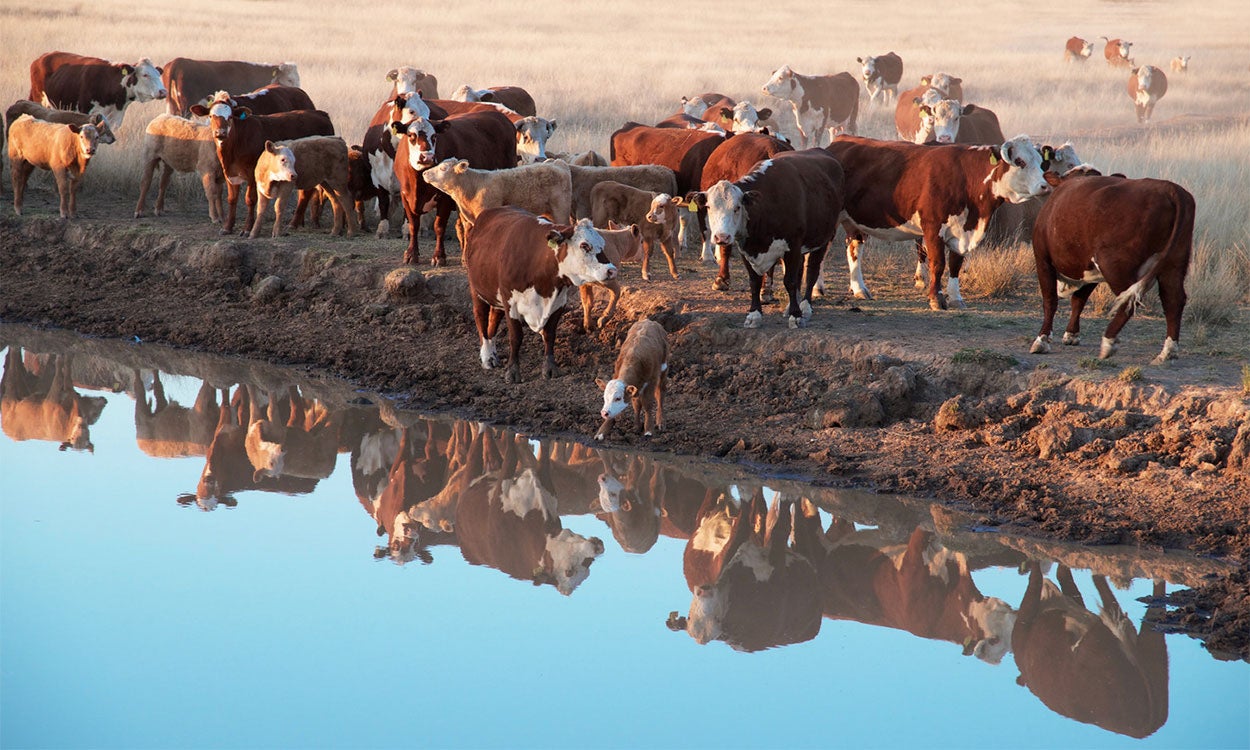
Hot Days Ahead and the Need for Water
Hot summer days are still ahead, and we need to account for water. The amount of water a cow requires varies depending on a variety of factors, including environmental temperature, lactation status and weight.
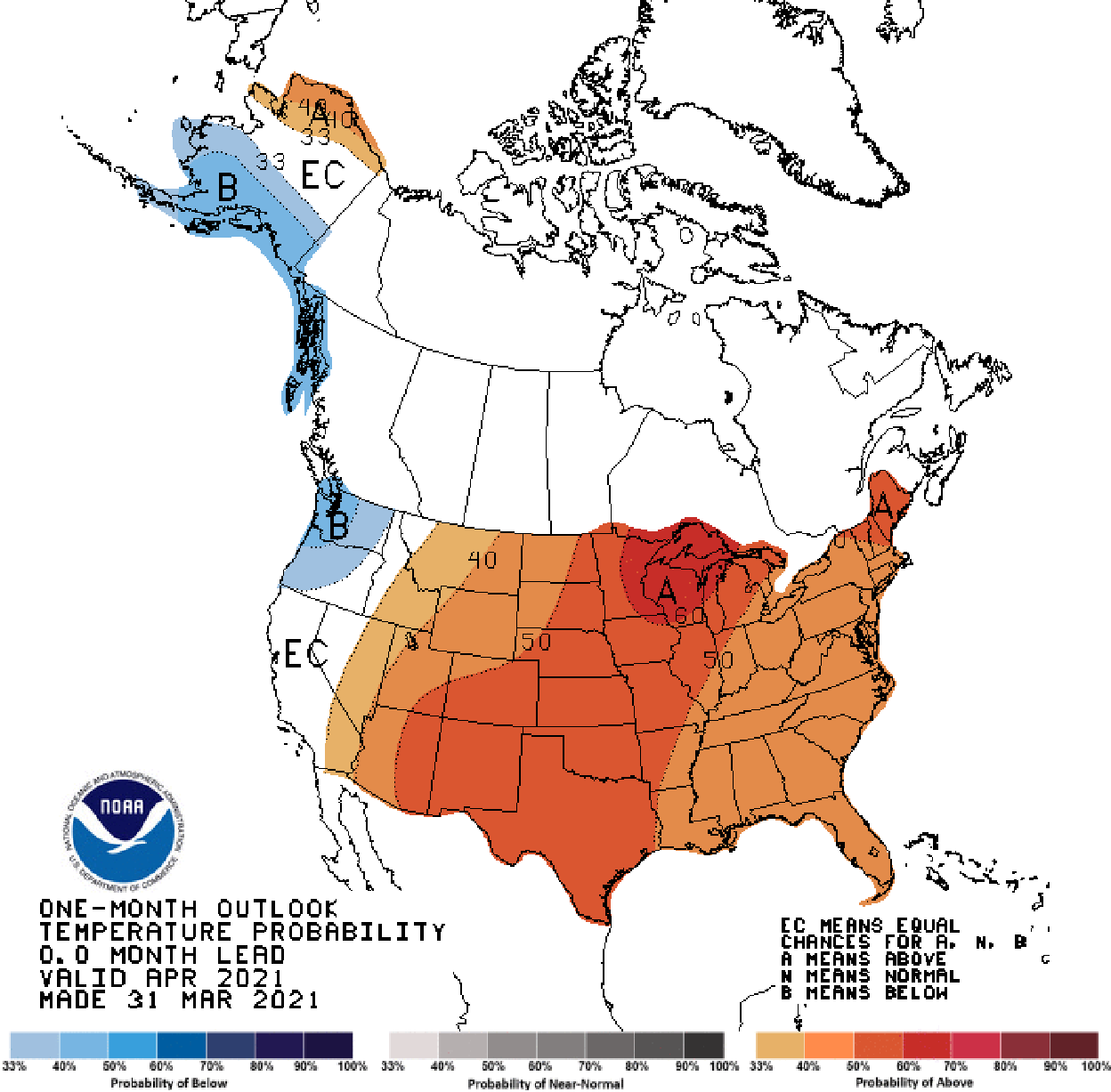
April 2021 Climate Update
As we look at March in the rear-view mirror, we look ahead to April and the potential for rain to return to South Dakota to reduce drought concerns across the state.

South Dakota 4-H Missed Deadline Agreement
Form for missed deadlines for State 4-H Events
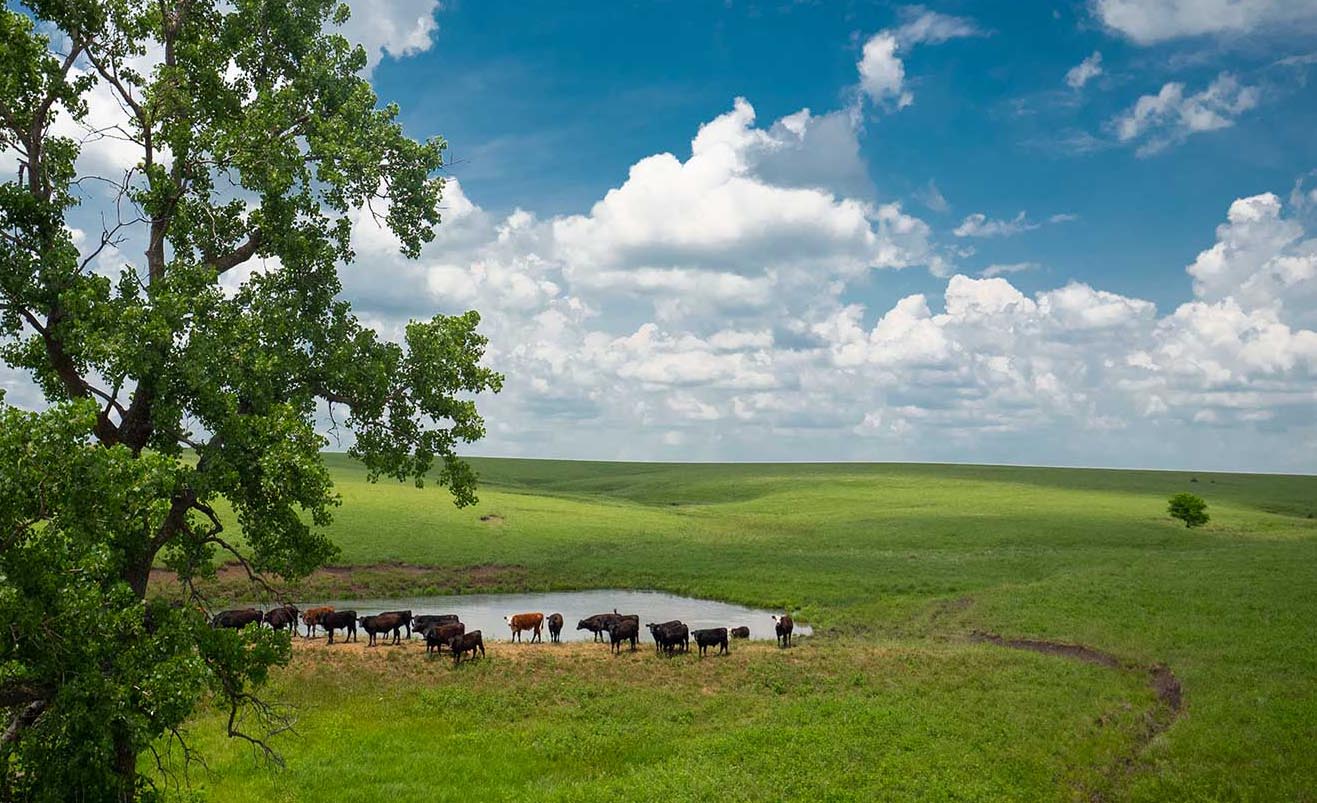
SDSU Extension Aids Producers in Protecting Livestock Through Water Testing Service
May 27, 2022
SDSU Extension is offering an on-site livestock water testing service at all SDSU Extension regional centers and several county offices throughout the state.
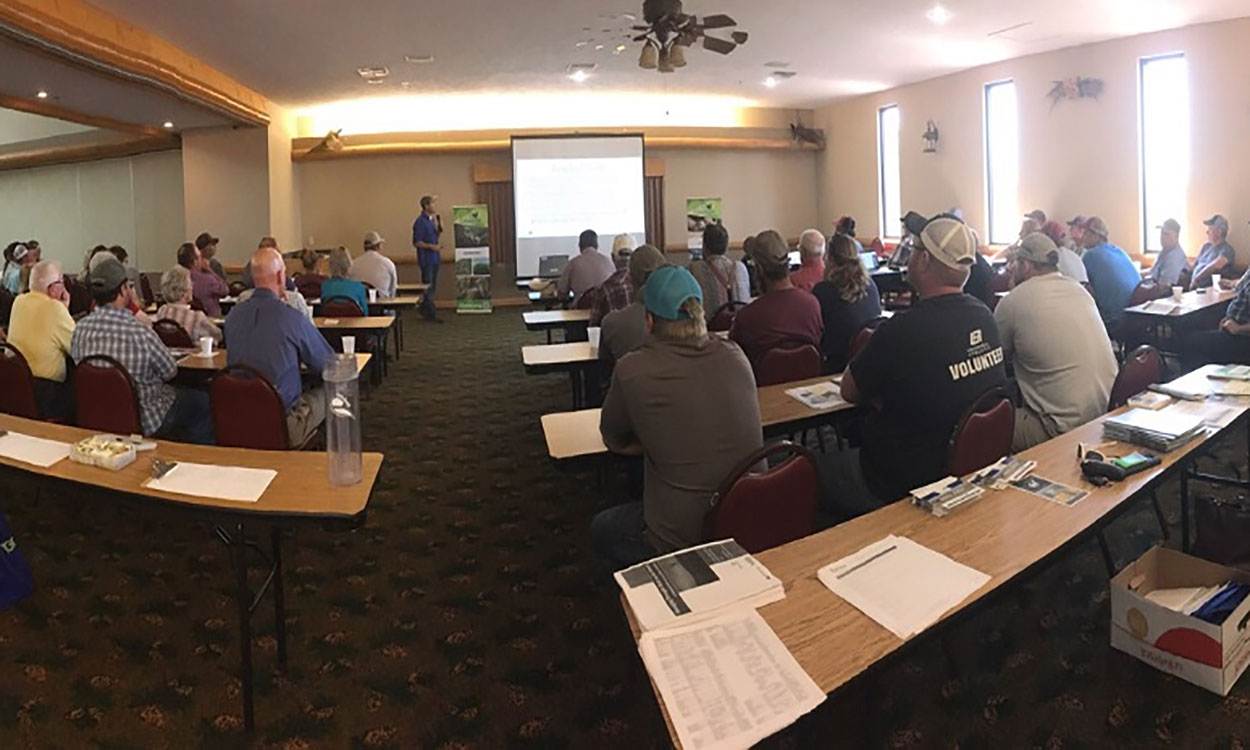
SDSU Extension to Host Drought Management Meetings
April 29, 2022
SDSU Extension will host drought management meetings across South Dakota May 10-12.
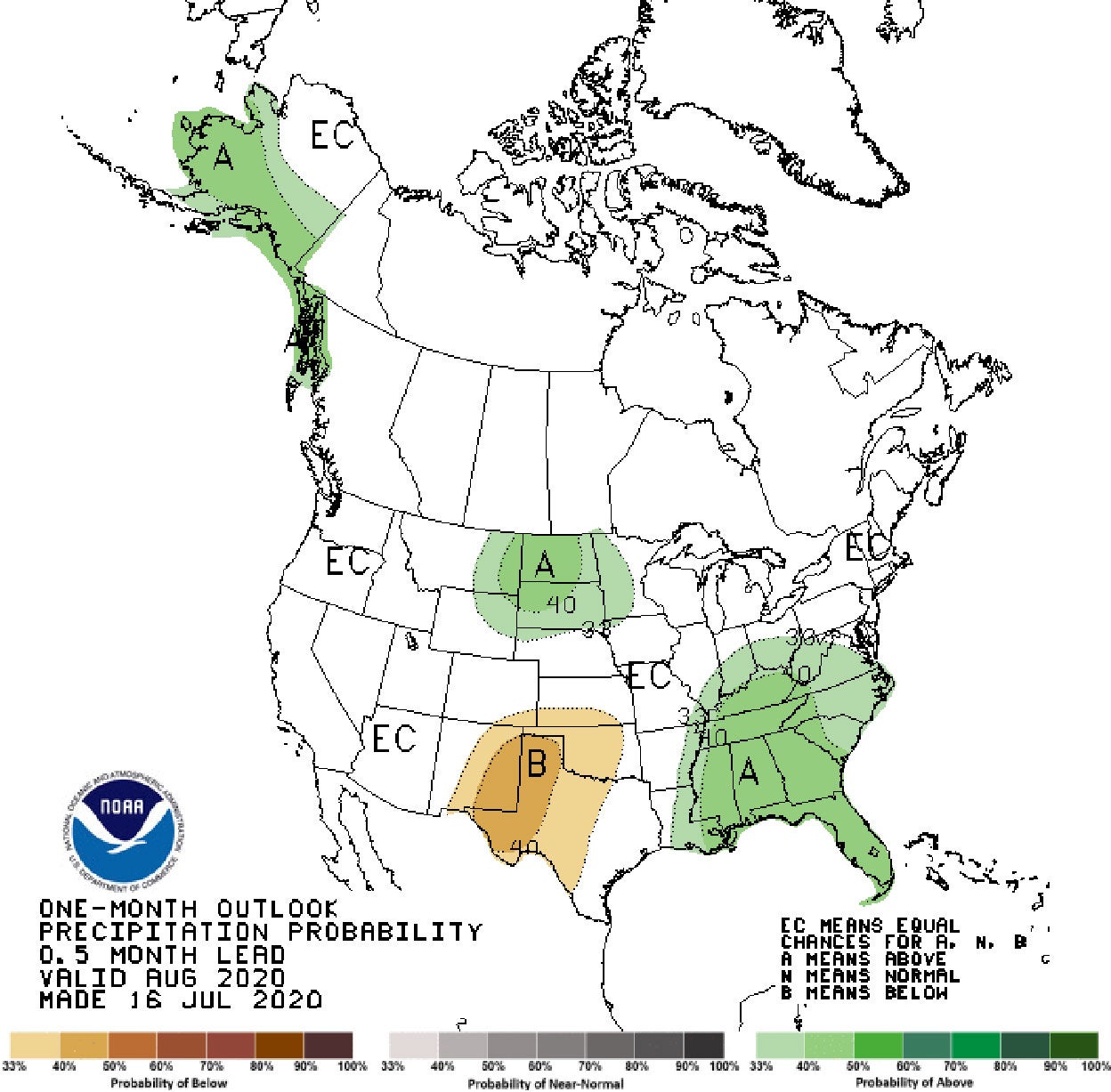
Late Summer 2020 Climate Outlook
Drought concerns in South Dakota may be relieved later this summer, according to the NOAA Climate Prediction Center’s seasonal outlook released this week.
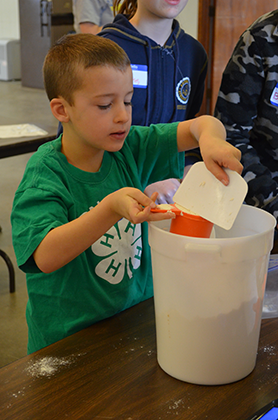
2020 State 4-H Event Cancellation List
This list aids planning and decision-making for 4-H member families and volunteers in light of the ongoing COVID-19 pandemic.